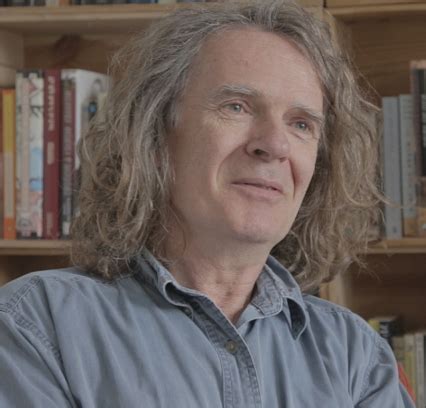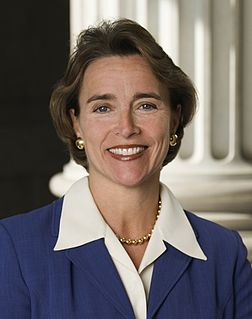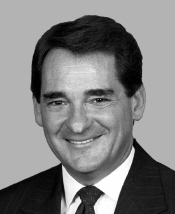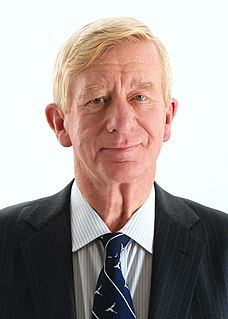A Quote by Timothy Geithner
And I think it's a prudent, responsible way, given the scale of the emergency, the scale of the damage still facing America, that we finance these additional support for the unemployed as well as the support for small business. We think there's a good case for doing it now. We want to do it in an overall fiscally responsible way.
Related Quotes
You do what you do - in the circumstances in which you find yourself - because of the way you are. So if you're going to be ultimately responsible for what you do, you're going to have to be ultimately responsible for the way you are - at least in certain mental respects. But you can't be ultimately responsible for the way you are (for the reasons just given). So you can't be ultimately responsible for what you do.
We don't have enough support for maternal leave and the kinds of things that some of the European countries do. So we still make it hard on women to go into the work force and feel that they can be good at work but then doing the most important job, which is raising your children in a responsible and positive way.
Now it is the least developed world who are not responsible for this climate change phenomenon that bore the brunt of climate change consequences so it is morally and politically correct that the developed world who made this climate change be responsible by providing financial support and technological support to these people.
Given the scale of the ecological crisis we are facing this is the appropriate scale of expansion. Occupying the streets to bring about change as our ancestors have done before us. Only this kind of large-scale economic disruption can rapidly bring the government to the table to discuss our demands. We are prepared to risk it all for our futures.
I like the way [Marcus Lemonis] thinks. He's made me think about things in a different way. He's made me want to support small businesses in a very real way, seeing what these small-business owners go through and the struggle it is and the courage it takes to put your heart and money behind things at a 24-hour job. I think I relate to that as an actress and a writer and someone who works freelance, in many ways. It never ends, you never clock out. You've always got to keep things moving.



































